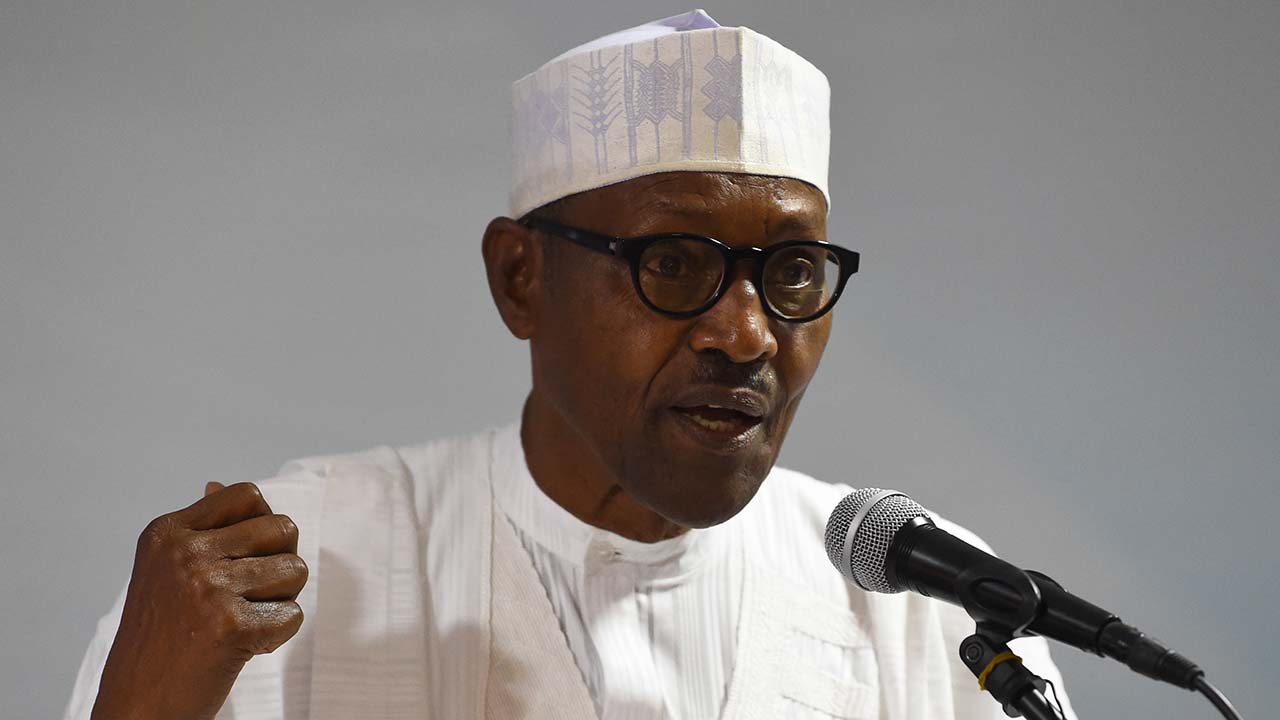
After the Independent National Electoral Commission chairman, Prof Mahmood Yakubu, announced Muhammadu Buhari of the All Progressives Congress as the winner of the election conducted in Nigeria, writers were already adding the final touches to their drafts, ready to file in their stories.
There was already a clear indication that Buhari was coasting to victory at the polls after the collation, hours before Prof Yakubu finally announced the incumbent president as returned elected.
The Associated Press incensed many Buhari supporters, perhaps non-supporters who were simply patriotic, with its tweet which announced the re-election of the president.
The news wire tweeted: “Breaking: Nigerian President Muhammadu Buhari, former military dictator, declared winner of second term in Africa’s largest democracy.”
Bloomberg, hours after the announcement, reported Buhari’s triumph in the poll as “Under-Fire Buhari Confounds Skeptics to win Nigerian Elections”.
It later ran with the more measured headline “Buhari Triumphs in Nigeria Poll as Opposition Rejects Results”.
Bloomberg Economics, prior to Prof Yakubu’s announcement reported that Buhari’s win will probably limit growth rebound in Nigeria. Buhari has often been compared unfavourably with Atiku Abubakar of the People’s Democratic Party, on the economic front.
The PDP candidate is often lauded as a business tycoon that has promised to improve the economy and sell off the country’s subsidy guzzling oil corporation. Nigeria’s economy fell into recession in 2017 during the first tenure of the President Buhari.
“BE (Bloomberg Economics) expects Nigeria, Africa’s largest oil producer, to keep losing ground in real GDP per capita against its peers in sub-Saharan Africa, ” Mark Bohlund reported with an illustrative chart.
BBC, in a pre-election profile of the former vice president, called him the political operator with “the Midas touch” before a retraction and replacing it with “the Nigerian operator who knows how to make money”.
After Buhari’s re-election, Fergal Keane, BBC Africa editor, wrote about the tough challenges ahead of the president. He noted that the widespread corruption needs to be tackled with a focus, energy and application that was lacking in President Buhari’s first term.
“Economically, ending the dependency on oil revenues needs to happen at a much faster pace. The World Bank has predicted sluggish economic growth: 2.2% for the coming year in a country with unemployment of more than 20% and nearly half the population living in extreme poverty.”
New York Times referred to the election as a referendum on honesty “where voters rejected a corruption-stained candidate in favour of a leader who promised to continue a campaign to eliminate graft.”
It referred to President Buhari as the candidate, who held up a broom at rallies, declaring to sweep away the graft that has given the nation a bad reputation worldwide.
However, Dionne Searcey, New York Times West Africa bureau chief, also added: “It was also a tribute to the power of incumbency. For all Mr. Buhari’s talk of fighting corruption, some prominent suspects — including a governor caught on camera handing out a bribe — have gone unprosecuted under his regime. Critics say he targeted political opponents in his antigraft inquiries.”
Uk’s The Guardian had earlier written an editorial before the polls stating 84 million voters deserve better than two septuagenarian political veterans. It also ran a story of the incumbent president ‘Mr Honesty’ tainted by the failure to tackle corruption.
Washington Post took a more aloof observation of the polls in Africa’s most populous nation. Max Bearak writing from Nairobi, Kenya, said the vote was marred by large-scale violence and delays.
[ad unit=2]



